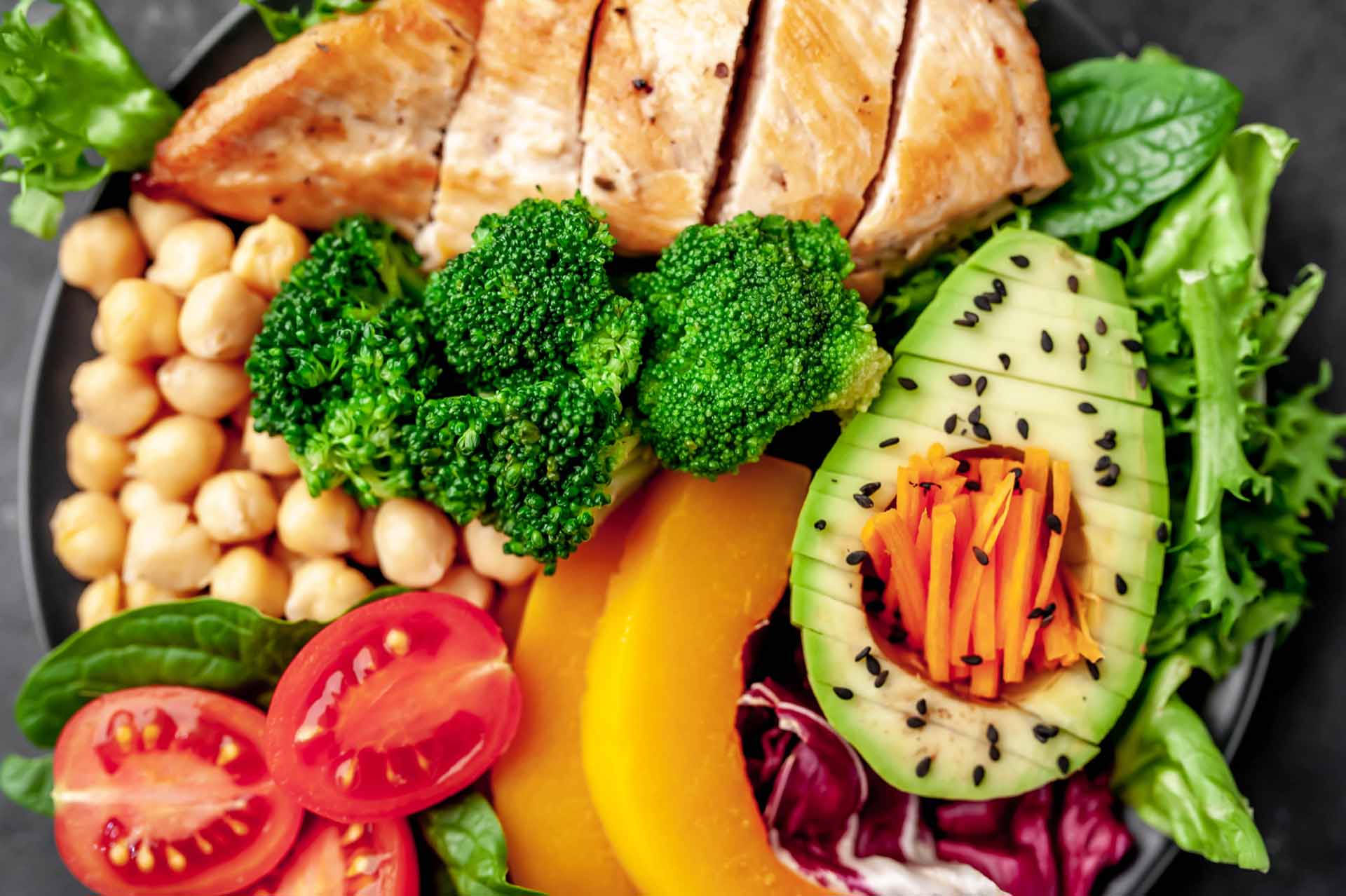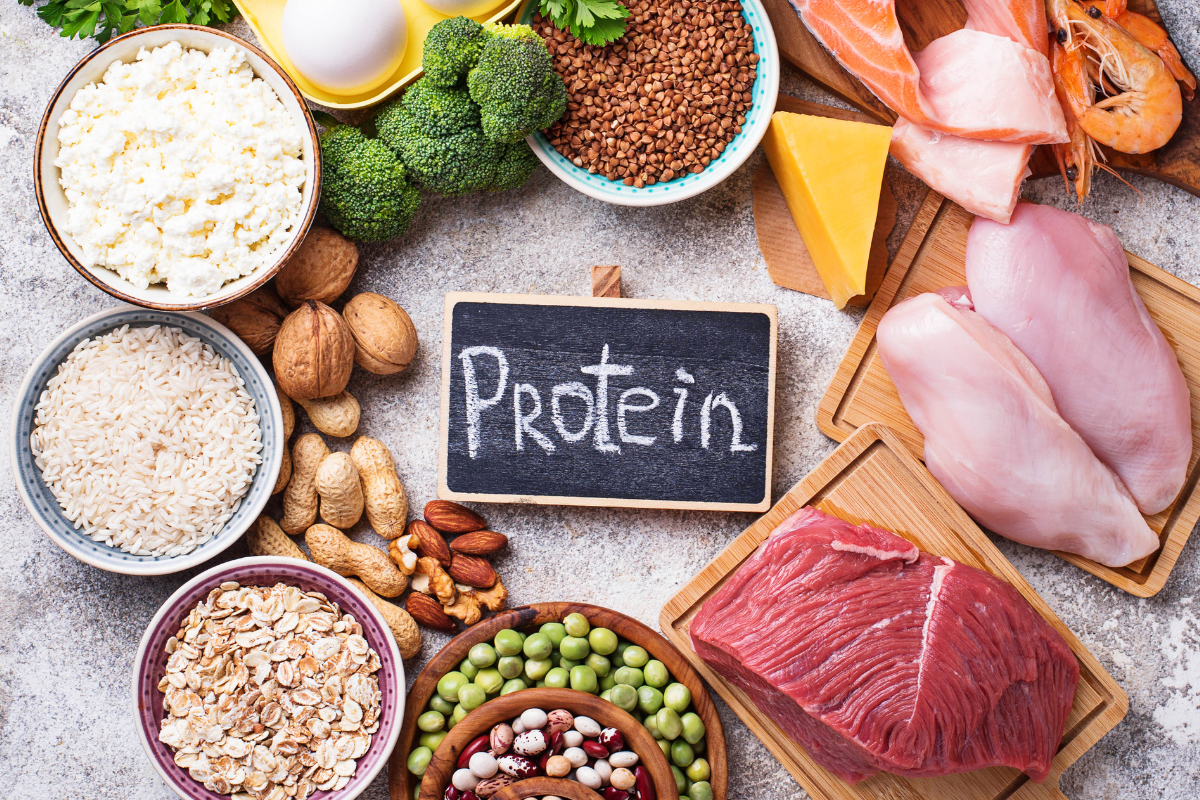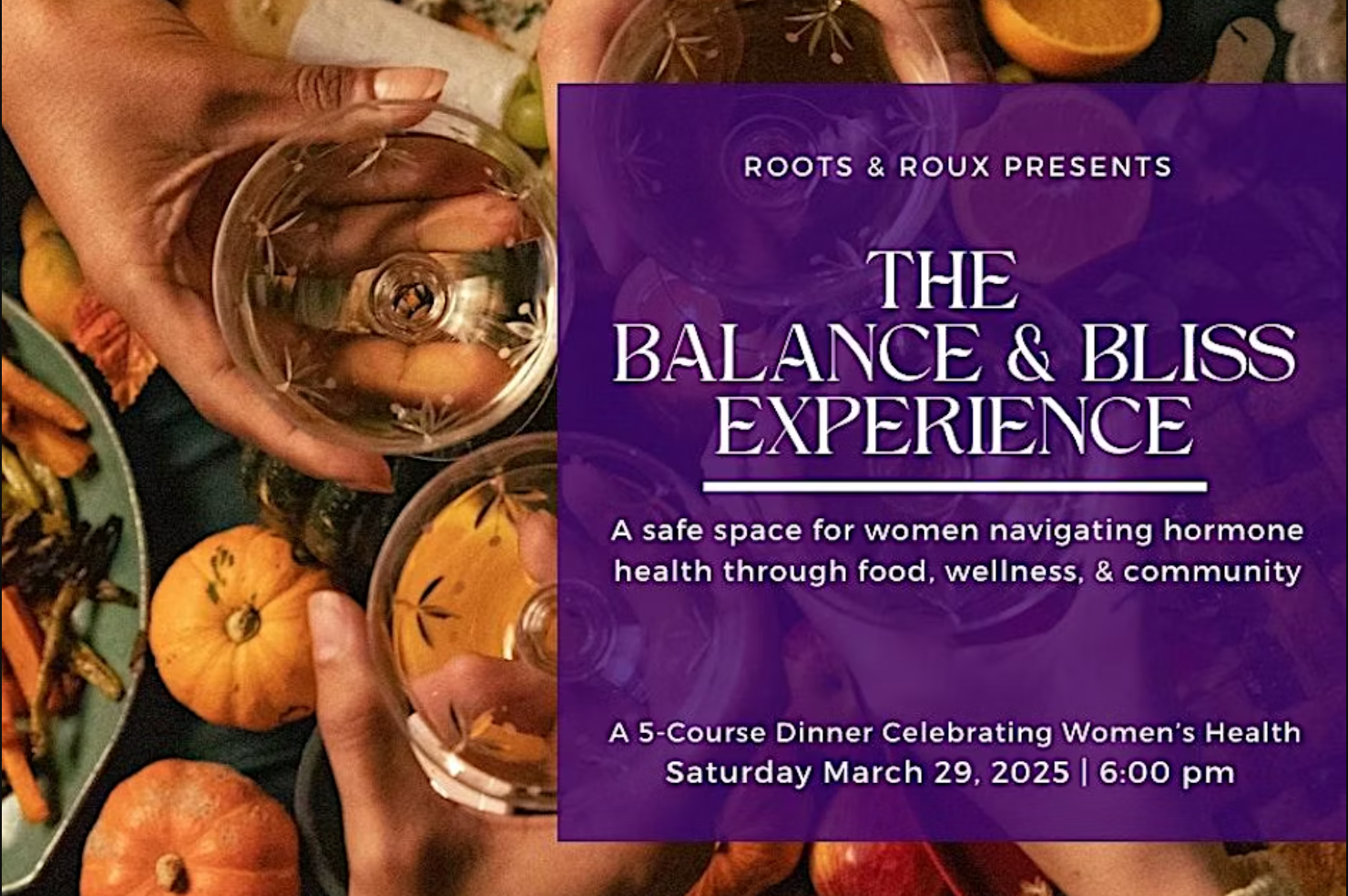Boosting Egg Health Naturally: Antioxidants and Lifestyle Factors
When it comes to fertility, conversations often revolve around ovulation tracking, hormones, or fertility treatments. But an equally important piece of the puzzle is egg health. The healthier the egg, the better its potential to become a viable embryo. So how do you ensure your eggs are in the best possible shape? In this blog, we’ll explore antioxidant-rich foods, key lifestyle factors, and how OVU bars can complement your journey to better egg quality.
1. Why Egg Health Matters
The Foundation of Fertility
Eggs serve as the genetic starting point of a pregnancy, carrying half of the blueprint for a future baby. Quality often matters more than quantity—a single healthy egg can lead to a successful pregnancy, whereas multiple compromised eggs may not fertilize or implant properly.
Key Fact: As women age, both the number and quality of eggs decline. This can lead to higher rates of chromosomal abnormalities and challenges conceiving, which is why prioritizing egg health is crucial at every age—but especially so in your mid-30s or beyond.
Role of Oxidative Stress
Every day, our cells (including egg cells) are exposed to free radicals—unstable molecules generated by stress, pollution, poor diet, and even normal metabolic processes. Oxidative stress occurs when these free radicals accumulate faster than the body’s ability to neutralize them with antioxidants. Over time, oxidative stress can damage cells, including eggs, potentially affecting fertility and pregnancy outcomes.
2. Antioxidants: The Protective Powerhouse
How Antioxidants Help
Antioxidants are compounds that stabilize free radicals, preventing or reducing the damage they cause. By neutralizing oxidative stress, antioxidants may help preserve egg cell integrity, support cell division, and maintain healthy DNA.
Scientific Spotlight: A review in Reproductive Biology and Endocrinology suggests that diets high in antioxidants can play a significant role in protecting ovarian cells from oxidative damage, potentially improving egg quality.[1]
Key Antioxidant Nutrients
-
Vitamin C
-
Sources: Citrus fruits (oranges, lemons), bell peppers, strawberries
-
Role: Helps regenerate other antioxidants (like vitamin E), supports collagen synthesis
-
Vitamin E
-
Sources: Nuts (almonds, peanuts), seeds (sunflower seeds), avocados
-
Role: Protects cell membranes from oxidative damage
-
Beta-Carotene (Vitamin A precursor)
-
Sources: Carrots, sweet potatoes, leafy greens
-
Role: Supports cell growth, vision, and immune function
-
Selenium
-
Sources: Brazil nuts, fish, whole grains
-
Role: Works in tandem with vitamin E, forming powerful antioxidant enzyme systems
-
Polyphenols
-
Sources: Berries, green tea, cocoa, grapes
-
Role: Diverse group of plant compounds with potent antioxidant capacities
Where OVU Bars Fit In
OVU bars—available in Blueberry Almond, Cocoa-Coconut, and Peanut Crunch—deliver a spectrum of antioxidant-rich ingredients:
-
Blueberries: High in anthocyanins (a type of polyphenol) that combat oxidative stress
-
Cocoa: Contains flavonoids, a polyphenolic compound linked to heart and cellular health
-
Almonds or peanuts: Offer vitamin E and healthy fats
Think of OVU bars as a convenient snack option that supports antioxidant intake, especially on busy days or when you can’t prep fresh produce.
3. Lifestyle Factors That Support Egg Health
1. Balanced Blood Sugar
Excess insulin and unstable blood sugar can contribute to hormonal imbalances—ultimately affecting ovulation and egg quality. Emphasize whole grains, lean proteins, healthy fats, and low-glycemic carbs to keep insulin levels stable.
Tip: Pairing a complex carb (like whole-grain crackers) with a protein source (like cheese or hummus) helps prevent blood sugar spikes. OVU bars also provide a balanced combo of carbs, protein, and healthy fats to curb sugar crashes.
2. Stress Management
Chronic stress can elevate cortisol, which may interfere with reproductive hormones and increase oxidative stress. Incorporating mindfulness, deep breathing, light exercise, or therapy can help mitigate the negative impact of prolonged stress on egg quality.
3. Adequate Sleep
Lack of sleep disrupts hormone regulation and can amplify oxidative stress. Aim for 7–9 hours of quality sleep each night to support hormone balance, cellular repair, and overall fertility.
4. Gentle Exercise
Moderate, consistent exercise (yoga, brisk walking, swimming) boosts blood circulation, reduces stress, and supports detoxification—all of which help maintain an environment conducive to healthier eggs. However, excessive high-intensity workouts might raise cortisol levels, so balance is key.
5. Avoiding Toxins
Exposure to environmental pollutants, cigarette smoke, and excessive alcohol can escalate oxidative stress levels. Minimizing these factors—by limiting or eliminating alcohol, quitting smoking if applicable, and opting for natural cleaning/beauty products—can help safeguard egg health.
4. Practical Eating Strategies for Egg Health
-
Color Your Plate: The more colorful your fruits and vegetables (think reds, oranges, greens, purples), the wider the range of antioxidants you’ll ingest.
-
Go for Healthy Fats: Incorporate avocados, nuts, seeds, and fatty fish (salmon, mackerel) to reduce inflammation.
-
Protein Balance: Lean proteins like chicken, turkey, fish, beans, or lentils support egg development; combine with antioxidant-rich produce for maximum benefit.
-
Mindful Sweets: If you crave something sweet, opt for OVU bars (Cocoa-Coconut can satisfy a chocolate craving), dark chocolate, or fresh fruit instead of refined-sugar desserts.
5. Sample Day of Antioxidant-Rich Eating
Below is a one-day meal plan designed to incorporate antioxidant foods and stable energy sources for egg health.
Breakfast (7–8 AM)
-
Spinach and Tomato Omelet (loaded with vitamin C and iron)
-
Whole-Grain Toast with avocado (vitamin E, healthy fats)
-
Green Tea (polyphenols)
Mid-Morning Snack (10–11 AM)
-
OVU Blueberry Almond bar
-
Blueberries for antioxidants, almonds for vitamin E
Lunch (12–1 PM)
-
Salmon Salad: Mixed greens, grilled salmon (rich in omega-3s), bell peppers, cucumbers, and a drizzle of olive oil + lemon dressing
-
Whole-Wheat Crackers on the side
Afternoon Snack (3–4 PM)
-
Fresh Fruit (berries or an apple)
-
Pair with nuts or seeds (e.g., walnuts, pumpkin seeds) for protein and healthy fats
Dinner (6–7 PM)
-
Roasted Veggie Medley (carrots, zucchini, onions, peppers) with olive oil and herbs
-
Quinoa or brown rice (complex carbs)
-
Grilled Chicken (lean protein source)
Post-Dinner Treat (8–9 PM)
-
OVU Cocoa-Coconut bar
-
Cocoa flavonoids + coconut’s healthy fats help curb late-night cravings
6. Frequently Asked Questions
Q: Can antioxidants actually improve egg quality if I’m already in my late 30s or early 40s?
A: While no diet can fully reverse the age-related decline in egg quantity and quality, focusing on antioxidants, healthy fats, and stress reduction can help maximize the potential of the eggs you have left.
Q: Is it safe to take high-dose antioxidant supplements?
A: Generally, balanced whole foods are the best way to get antioxidants. Excessive doses of certain antioxidants (like vitamin E) can be harmful. Consult a healthcare provider before starting any high-dose supplements.
Q: How long does it take to see results from an antioxidant-rich diet?
A: Egg health develops over a 3–4 month cycle, so dietary changes may take a few months to reflect in measurable fertility outcomes. Consistency is key.
Q: Do I need organic produce for optimal antioxidant intake?
A: While organic fruits and vegetables can reduce exposure to pesticides, the priority is consuming enough produce overall. Focus on variety, washing produce thoroughly, and going organic if it fits your budget and preferences.
7. References
-
Reproductive Biology and Endocrinology. (2013). “Role of Antioxidants in the Modulation of Female Fertility: A Review.”
For further reading:
-
The American Society for Reproductive Medicine (ASRM)
-
Harvard T.H. Chan School of Public Health: Nutrition and Fertility Guidelines
-
Academy of Nutrition and Dietetics
Conclusion
Egg health is influenced by a range of factors—from the oxidative stress our bodies face daily to the specific nutrients we consume. By emphasizing antioxidant-rich foods, moderate exercise, stress management, and adequate sleep, you can create a more supportive environment for your eggs to thrive. And when life gets busy, OVU bars offer a convenient way to weave antioxidants and essential nutrients into your day.
Remember: change doesn’t happen overnight. However, each choice—be it adding berries to breakfast or swapping an ultra-processed snack for a Blueberry Almond or Cocoa-Coconut OVU bar—contributes to a meaningful, cumulative impact on egg quality and overall reproductive health.
Author’s Note
As someone who has personally navigated fertility challenges—and dove headfirst into nutrition research along the way—I know that every bit of reliable information can bring relief and empowerment. It’s my hope that this post inspires you to explore your dietary choices with optimism and curiosity. After all, fueling your body well isn’t just about preparing for the possibility of pregnancy; it’s also about nurturing yourself in the here and now.
If you have questions or suggestions for future blog topics, feel free to reach out! The OVU community is all about shared experiences and knowledge. We’re in this together, and we can’t wait to support your healthy, hopeful journey.
(Disclaimer: This blog is for informational purposes only and does not constitute medical advice. Always consult with a healthcare professional for personalized recommendations.)






